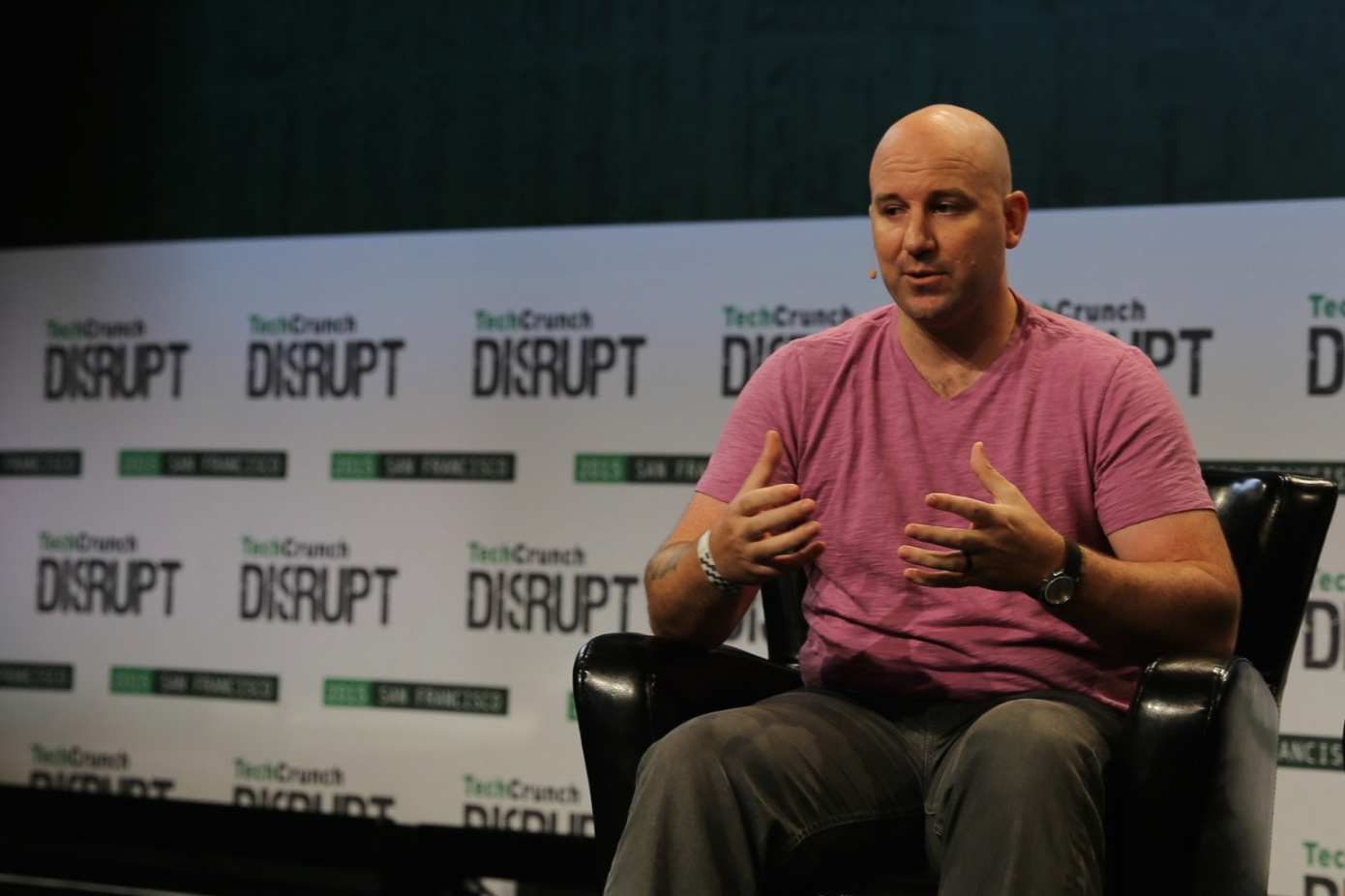The emergence, and now seemingly extended presence, of the novel coronavirus health pandemic has made remote working into a pretty standard part of office life for so-called knowledge workers. Today, a startup that has built a labor marketplace to help companies source and develop teams of remote developers is announcing some funding as to looks to double down on the opportunity and new demand resulting from that.
Turing, which helps source, vet and ultimately connect developers with tech companies that need them for either short- or long-term engagements, is today announcing that it has picked up $14 million in seed funding.
The gap in the market that Turing is addressing is two-fold: companies need to hire more developers but are facing tight competition (and high rates) for finding qualified people in their immediate vicinity; and on the other side, there are talented developers living in many more places than just the world’s biggest tech centers who may not want to or cannot (especially right now) relocate to live elsewhere and are unable to connect with the right opportunities.
“Talent is universal, but opportunities are not,” CEO and co-founder Jonathan Siddharth said in an interview. He and his co-founder Vijay Krishnan (CTO) are both from India and relocated to the Valley for school (both have post-graduate degrees at Stanford) and eventually work, but know all too well that there are plenty more talented people who don’t. “We love that we can take Silicon Valley outside of the area and to have all of them participate in it while still helping local communities grow.”
The funding is notable for a couple of reasons. One is the calibre of the investors. It’s being led by Foundation Capital, with individuals participating including Adam D’Angelo (the first CTO at Facebook and also the co-founder of Quora); Cyan Banister of Banister Capital; Ashu Gard of Foundation; and Beerud Sheth, the founder of another labor marketplace, Upwork (formerly known as Elance). Other backers include executives from Google, Facebook and Amazon that are preferring not to be named right now.
Two is that it’s coming on the back of some significant growth for the company. Since coming out in general availability a year ago, Turing has gone from $17,000 to $10 million in annualised revenue, CEO Johnathan Siddharth said in an interview. The company now has some 150,000 developers spanning 140 countries on its books, who are taking on roles at a range of seniority levels at startups that include Lambda School, VillageMD, Ohi Technologies, Nexxus Events and others.
Everything is distributed
Siddharth and his co-founder and Vijay Krishnan (CTO) were most recently entrepreneurs in residence at Foundation Capital, a stopping-over point after their previous startup, content discovery app Rover, was acquired by Revcontent (a recommendation platform that competes against the likes of Taboola and Outbrain). But Siddharth said that they got the idea for the startup before then, when they were still building Rover.
“Our last company was essentially built on a remote team, and we ran it like that for eight years,” he said, describing the distributed workforce they had developed. “All our competitors in Palo Alto and the wider area were burning through tons of cash, and it’s only worse now. Salaries have skyrocketed.”
As with other areas like e-commerce and the shift to cloud-based architectures, the idea of building a company around a distributed workforce has also drastically accelerated since the arrival and stubborn persistence of the coronavirus pandemic, Siddharth said. “We knew where the world was headed, but in the last six months there’s been an even more dramatic shift,” he said. “If I looked at Facebook and Google working from home, I would have thought I was dreaming. I knew startups would make the shift but didn’t think larger companies would.”
Other talent recruitment platforms have identified the disparity between the global distribution of the talent pool of engineers, and the fact that the companies that want to employ them are relatively concentrated in specific geographical areas. They include the likes of Andela sourcing developers specifically in African markets; Terminal for helping build remote teams (not just individual developers); Triplebyte for building innovative ways of evaluating developers and then connecting them with jobs that fit their expertise; and more established platforms like Upwork and Fiverr.
And then there are companies like LinkedIn, which has built an impressively large “work graph” comprised of hundreds of millions of people around the world, but is still trying to figure out how best to focus that for specific verticals and job opportunities. It has launched its own learning hub, and a number of tools to improve how people identify and improve their skills to match them better with employment opportunities (critical because LinkedIn’s business model is heavily built around recruitment services). You could see how it might also potentially dabble in more structured evaluations to better match people up — or potentially try to integrate with or simply acquire companies like Turing that have already built them.
For now, Turing is building what Siddharth describes as a “talent cloud” and he believes that it’s distinct from others tackling the same market in a couple of ways.
The first is around how it vets developers and matches them with opportunities, by way of a platform that Turing has built that includes not just tests of a person’s skills but practical applications similar to those the engineer would be expected to work on in an actual gig.
“We use data science to evaluate developers at scale,” Siddharth said, noting that it’s not just about individuals but how they work in clusters and teams. He said that those that are particularly good at solving specific issues in their groups will often be deployed en masse across different businesses.
Another is around how they help companies feel secure around their infrastructure. Employees are contractors for Turing, which pays them after Turing gets paid by the vendor. But given that sometimes engagements are short and companies will be keen to protect their IP, Turing has built a “sandbox”, a secure environment on a virtual machine where its contractors work on code that cannot be removed as soon as the engagement ends. The sandbox also means Turing and the company can oversee and manage how work is progressing.
A third difference is in how Turing sees its longer-term role as a middle-man. While engineers and developers that it works with are essentially working for clients via Turing as an agency, Siddharth noted that it’s already been the case that several people have crossed over from being “temps” and contractors into taking full-time roles with the vendors, cutting Turing out of the equation altogether. (It gets a fee in that case, it seems.)
Given how big the talent pool is, this doesn’t seem to be an issue for the company, and if anything, fits Turing’s wider ambitions to help bridge that gap between talented people, wherever they live, and interesting job opportunities. “We encourage that,” Siddharth said. “It’s just more Turing evangelists. We want alums everywhere.”
You’d imagine that, as companies become even more decentralised and accustomed to the idea of even their previously in-office employees working from anywhere, the likelihood of crossing over from remote contractor to remote full-timer might become even more common.
And in any case, it’s to the benefit of the company that it continues to bring more people into its marketplace, since the engine that it has built continues to get more sophisticated as more engineers go through it.
“Turing’s Machine Learning system for developer vetting and matching helps accurately predict the probability of a collaboration succeeding, which helps Turing make high-quality match recommendations,” said Krishnan. “Recent fast growth has resulted in more performance data, which has in turn led to rapid improvements in Turing’s vetting and matching accuracy. The result has been even faster growth in both the number of developers on the platform and the number of customers.”
The current state of the market has really turned the idea of “technology hub” on its head, and it’s about time that we see more startups emerging that also push the concept of how to extend that to talent hubs, which now live in the cloud, not in a specific location.
“When the Indian outsourcing and IT revolution was in its infancy, I predicted that the market would grow 100X over the next decade. People thought I was crazy at the time and, in retrospect, my prediction seems like a gross underestimation,” said Garg at Foundation Capital. “I feel the same way about Turing. We are creating a new category around remote and distributed work. The future of work is remote, and we’re just getting started.”







